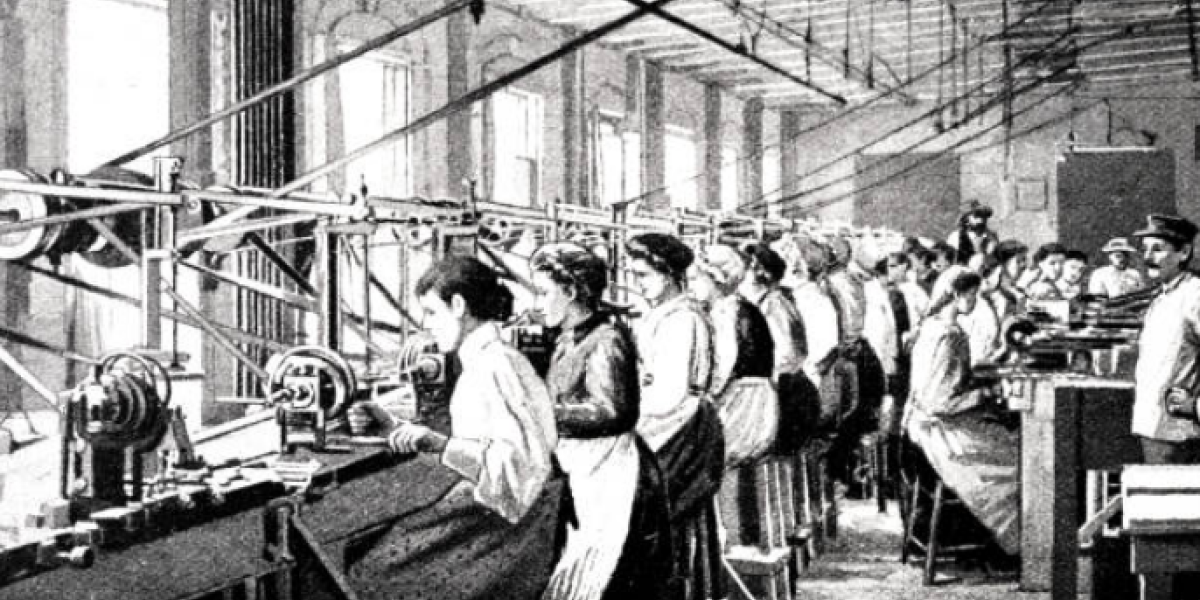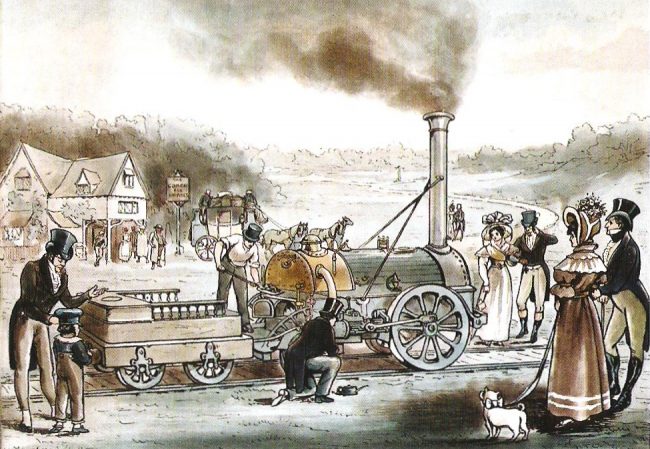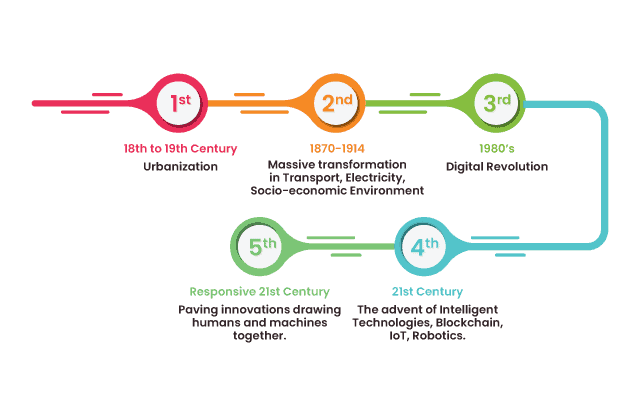“Death is not the end—it is the beginning.” At Remin, we believe memory is legacy. But what happens when we forget the very skills that once defined our existence? This is the story of how industrialization made us forget how to make things—and why reclaiming that knowledge is more vital than ever.
Introduction: The Shift from Hands to Machines
Once upon a time, creating was as natural as breathing. We knew how to fix our clothes, craft our tools, build our homes, and feed our families from scratch. But somewhere along the tracks laid down by steam engines and assembly lines, something fundamental was lost: our connection to making.
As the Industrial Revolution swept through the world, efficiency, speed, and uniformity became kings. The cost? A slow erosion of traditional craftsmanship and the intimate knowledge of creation that had been passed down for generations.

The Age of Craftsmanship: Before the Industrial Revolution
What Did “Making Things” Really Mean?
Before factories became our lifeblood, most people were makers. Whether you were a blacksmith, weaver, potter, or carpenter, your life was defined by what your hands could produce. It wasn’t just about utility—it was about pride, identity, and mastery.
- Skills were passed down through apprenticeships.
- Every item carried the signature of its maker.
- Craftsmanship served as a cultural and personal expression.
“The hand is the window on to the mind.” – Immanuel Kant
Community, Skill, and Identity
In pre-industrial societies, making things wasn’t simply a job—it was a lifestyle. Entire villages revolved around local trades and skills. From loom to forge, people knew how things worked because they had intimate access to the process. Skills were embedded in daily life and shared across generations.
But that way of life began to disappear rapidly with the rise of industry.
The Rise of Industrialization: A Double-Edged Sword
Mass Production vs. Individual Creation
The introduction of mass production in the 18th and 19th centuries dramatically changed the landscape of labor and creativity. Machines made things faster, cheaper, and more uniform. But what we gained in efficiency, we lost in humanity.
Handmade goods became rarities, replaced by anonymous products churned out in factories. The uniqueness of the maker was no longer part of the equation.

The Disappearance of Apprenticeship and Craft
With machines taking over, the need for skilled tradespeople diminished. Apprenticeships faded, replaced by repetitive factory roles. Knowledge that once flowed from master to student now sat idle, unpassed. We began to forget not just how to make, but why making mattered.
This shift wasn’t only economic—it was deeply cultural. It redefined how generations viewed labor, learning, and even purpose.
How Automation Changed Our Relationship with Creation
Convenience Over Creativity
Modern technology has brought countless conveniences, but often at the expense of our own creative capabilities. With a click or a swipe, we can buy anything. But how often do we stop to ask:
- Where did this come from?
- Who made it?
- Could I make it myself?
We’ve become passive consumers in a world once ruled by makers.

From Producers to Consumers
Perhaps the greatest shift of all is how industrialization and automation transformed our roles in society. Where we once produced, we now consume. Where we once built, we now order. The knowledge that was once essential has become optional—and in many cases, extinct.
Yet all is not lost. We are beginning to remember. We are beginning to remake the lost connections.
In the second half of this article, we’ll explore how the maker movement is reigniting lost passions, why education must pivot back to creativity, and how remembering how to make things might just be the key to remembering who we are.
Visit Remin.site—where memory is a gift passed on, not a story forgotten. Together, let’s not just remember what we’ve lost—let’s rebuild it.
# How Industrialization Made Us Forget How to Make Things
At Remin.site, we believe that memories, ideas, and the essence of who we are should never be lost. They should be passed on—alive, tactile, and true. But there’s something many of us didn’t realize we were losing: the ability to make things. This isn’t just about carpentry or pottery. It’s about how industrialization made us forget how to create, how to repair, and how to feel connected to the physical world we shape.
Introduction: From Human Hands to Iron Machines
There was a time when making was everything. Your tools were an extension of your body. Your knowledge, inherited from generations before you. Your craft, a legacy. But with the rise of industrialization, a new force took hold—one that valued speed over soul, profit over process.

Craft was once culture. Making was memory.
It wasn’t overnight, but it was inevitable. The gears of machines replaced the hands of masters. We became operators, not creators. Consumers, not craftsmen.
The Age of Craftsmanship: Before the Machines
What Did It Mean to “Make” Something?
To make something by hand was more than an action—it was a ritual. It required skill, patience, intuition, and love. Making things gave people a sense of purpose, identity, and belonging.
- A chair carried the mark of its carpenter.
- A meal told the story of the cook’s family.
- A tool reflected the wisdom of its blacksmith.
This wasn’t mass production. It was personal. Human. Sacred.
“We don’t inherit skills from machines—we inherit them from each other.”
Making was also local and sustainable. Materials were sourced close to home. Items were made to last, not to be replaced every season.
Community, Skill, and Identity
In a world before global supply chains, people relied on each other’s skills and crafts. Villages thrived not just on trade, but on interdependence. The shoemaker, the tailor, the farmer, the potter—each one essential to the community.
There was pride in what your hands could do. A pride we rarely feel when something arrives in a cardboard box from a warehouse on the other side of the world.
The Rise of Industrialization: A Double-Edged Sword

Stephenson’s Rocket — the engine of change, and of forgetting.
The Industrial Revolution—beginning in the late 1700s—brought unprecedented efficiency and economic growth. But it also marked a tipping point. Suddenly, goods could be produced faster, cheaper, and in larger quantities than ever before.
That progress came with a price.
- Mass production replaced master craftsmanship.
- Factory work replaced skilled labor.
- Uniformity replaced uniqueness.
The Revolution industrialized our world—and outsourced our skills.
The very act of making was now removed from daily life. People no longer knew how things were made, or even who made them. All that mattered was that it was available and affordable.
The Disappearance of Apprenticeship and Craft
Before industry, skills were passed through apprenticeships—generations teaching generations. After industry, those lines were broken. Schools prioritized literacy and numeracy, not manual skill. Hands-on trades were sidelined in favor of “real jobs.”
We traded our ability to build for the ability to consume.
In doing so, we forgot the joy, satisfaction, and grounding that comes from making. We forgot the knowledge that lives not in textbooks, but in calloused hands and practiced muscle memory.
How Automation Changed Our Relationship with Creation

We use digital tools every day—can they help us reconnect with our physical ones?
Convenience Over Creativity
Today, we can buy anything in minutes. A shelf. A shirt. A sculpture. But we’ve lost the relationship with the process. Making isn’t just about the result—it’s about the journey, the mistakes, the pride in creation.
Now, fewer people than ever know how to:
- Sew on a button
- Fix a broken table
- Cook a meal from scratch
- Build something with wood or stone
Our dependence on machines and services has made us more passive, less capable, and in many cases, more disconnected from ourselves.
From Producers to Consumers
Industrialization didn’t just change our economy. It reshaped our identity. Where we once introduced ourselves by what we could create—”I’m a potter,” “I’m a weaver”—we now define ourselves by what we consume.
“You are not your job. You are not your shopping cart.”
This transformation is deeper than most realize. It’s not just about craft—it’s about agency. When you no longer know how to make, you become dependent. When you forget how to fix, you become disposable. When everything is ready-made, the maker in you falls asleep.
But we are beginning to remember.
In the second half of this article, we’ll explore how the maker movement is reigniting forgotten skills, how education can shift toward hands-on creativity, and why remembering how to make may help us remember who we are.
At Remin.site, we honor memory—not just of people, but of skills, stories, and ways of being. Because death is not the end. Forgetting is.
